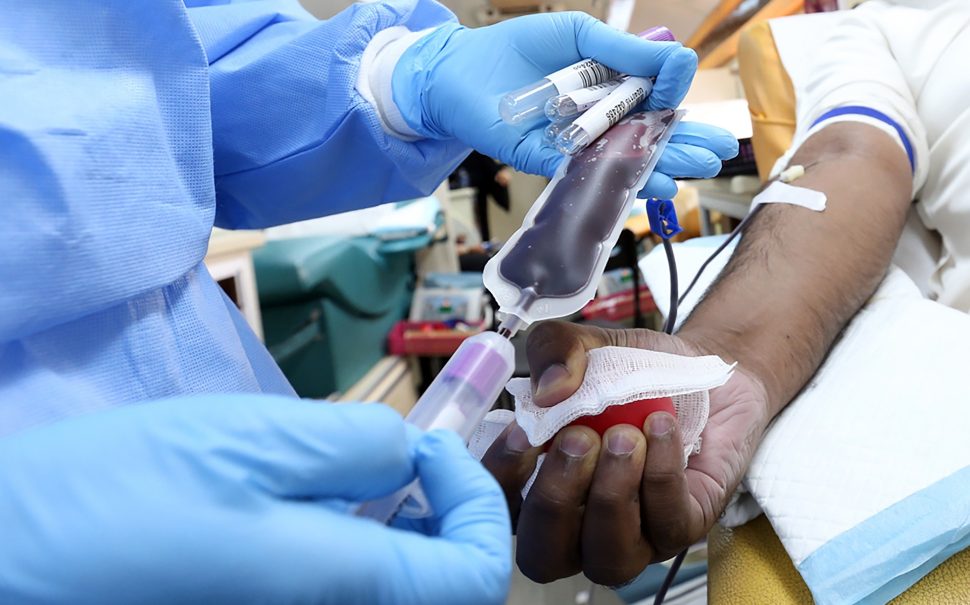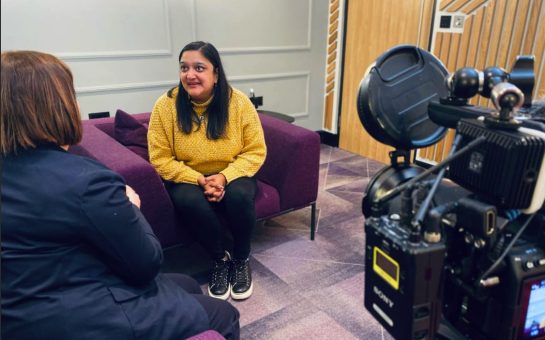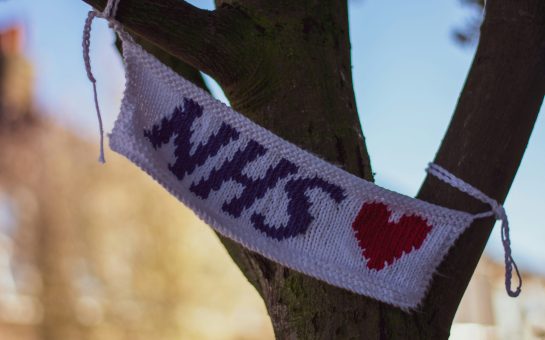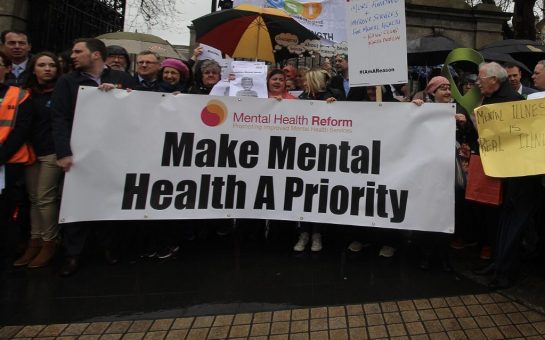Black blood donors are now an urgent priority to treat sickle cell following a soaring shortage in donations, according to figures from NHS Blood and Transplant (NHSBT).
New figures reveal 250 donors are needed every day to treat the fastest-growing genetic condition in the UK – a 67% increase in the last five years.
According to the Sickle Cell Society, 15,000 people in the UK have the condition and almost 300 babies are born with it in the UK each year.
Sickle cell mainly affects people of African-Caribbean heritage, with many needing regular blood transfusions of up to 8-10 units of blood.
To get the best treatment, blood is needed from a donor of the same ethnicity, yet only 1% of current blood donors are Black.
Janet Daby, the MP for Lewisham East said it is highly important to encourage more Black donors to come forward.
“Sickle cell patients often need blood transfusions however, the shortage of blood donors from people of Caribbean and African descent remains a significant concern,” she said.
“Clearly much more needs to be done to raise awareness of this and to ensure easy and flexible access to blood donation centres.
“We must all go further to encourage more people of Caribbean and African descent to come forward to donate their blood. It is a rewarding thing to do, and it saves lives.”
Why are Black blood donors so important?
Sickle cell is the fastest-growing genetic disorder in England which causes red blood cells to form into sickle or crescent shapes and become stuck in blood vessels,
Often patients are left with agonising crisis episodes and sometimes fatal long-term complications including organ damage and strokes.
But why are Black donors in such urgent demand?
Dr Farrukh Shah, medical director for transfusion at NHSBT, said the lack of Black donors is putting many lives at risk.
“The shortage of Black donors means some Black patients don’t always get the best-matched blood. This puts them at risk of serious complications,” she said.
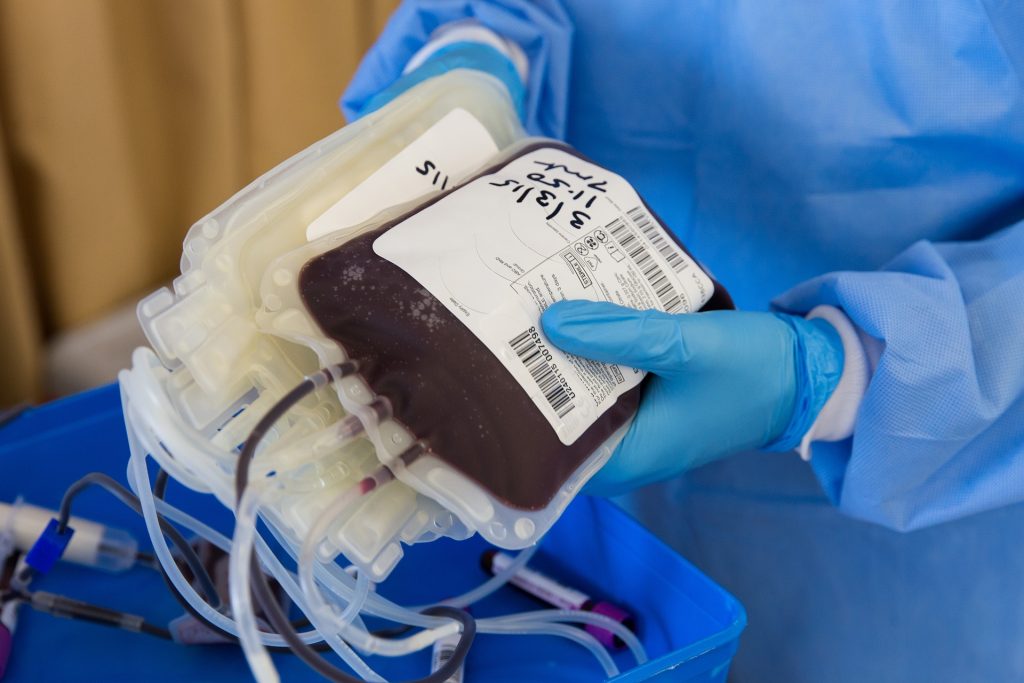
“Currently, NHS Blood and Transplant is only able to provide matched blood for just over half of the hospital requests – other patients need to be treated with O Negative, the universal blood type.
“However the blood may not be perfectly matched for minor blood types. That can mean their body starts to reject some minor blood types and it becomes hard to find blood that can be safely transfused.”
Barriers such as personal beliefs that the NHSBT has enough, having no time to donate blood and big and busy clinics are said to be driving away vital blood donors.
Dr Shah believes a lack of awareness of the urgency of blood donations and scepticism about giving blood is also to blame.
“Our past research has found there is a lack of awareness of the need for donations and higher levels of concern about the process,” she said.
“Black people are more likely to be concerned about the perceived health impact of donating blood and less likely to feel engaged by healthcare organisations.
“However, we know that when people of all backgrounds understand that they can save lives by donating blood and that their blood is needed, they are motivated to make that first appointment.”
The percentage of first-time Black blood donors has more than doubled in the last five years from 1.4% to 3.3%.
But with 3-4,000 units of blood needed each month to treat patients with sickle cell, still, more than 40,000 black donors are needed.
Linda’s Story
Linda Ryan, 52, was just 3 months old when she was diagnosed with sickle cell.
Miss Ryan said her condition was manageable until she turned 19 and now needs blood transfusions every couple of weeks.
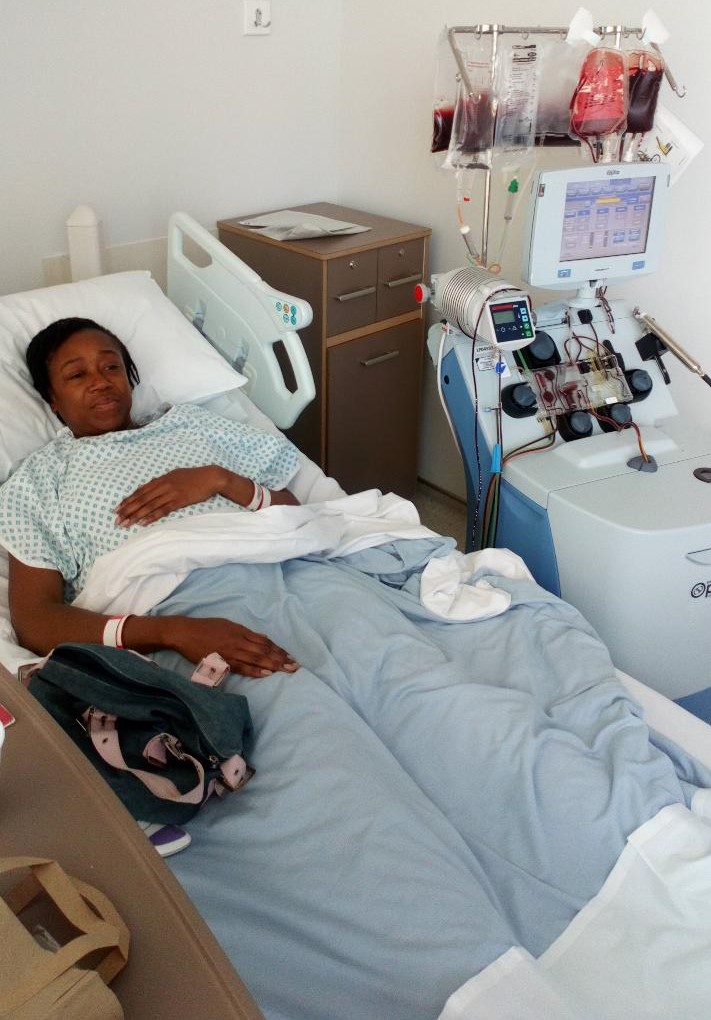
The volunteer from Bow, East London said: “I started off thinking I could cope with this because my blood transfusion were once every six months when I was 19.
“Then it started increasing and went to every four months then three months. Now I have these transfusions every 4 weeks.”
She added: “We see a lot about cancer and diabetes so if we can just keep on with the awareness then that will be good because we don’t want it to be a phase and stop.
“It’s about trying to educate and put it out there in the Black community that you’re doing a good thing and people need this blood.”
Dr Shah said if the Black community are made more aware of the advantages of giving blood, more donors will come forward.
“The current numbers are still not enough to meet the rapidly rising demand for blood and we need more people to donate,” she said.
“But when people know how blood donation saves lives, and how much their blood is needed, they want to donate.
“The Black community is diverse, one unifying thing is the power to treat sickle cell and provide life-changing blood donations.”
You can become a blood donor via the GiveBloodNHS app or visit www.blood.co.uk.
Featured image credit: Pixabay
